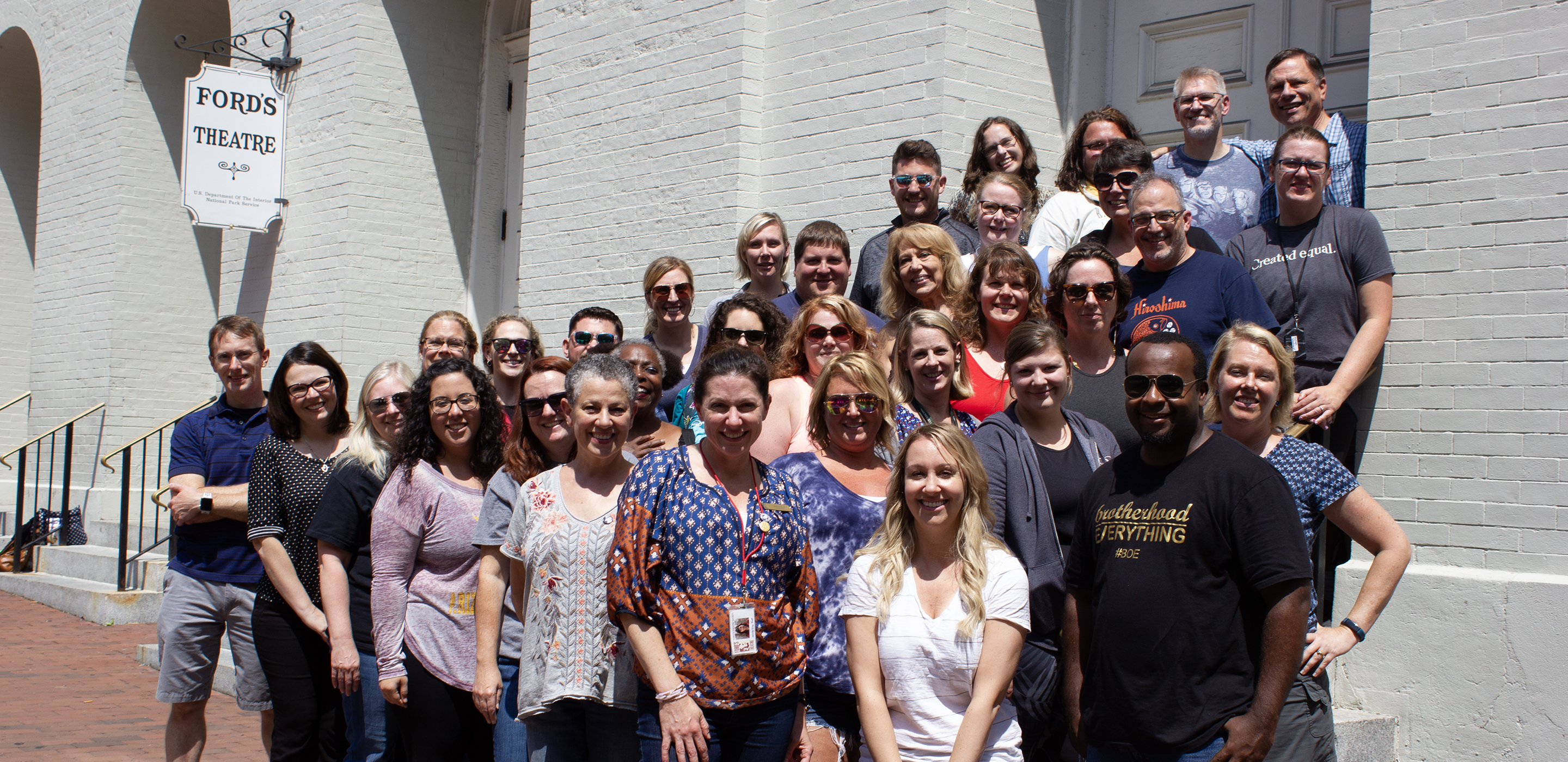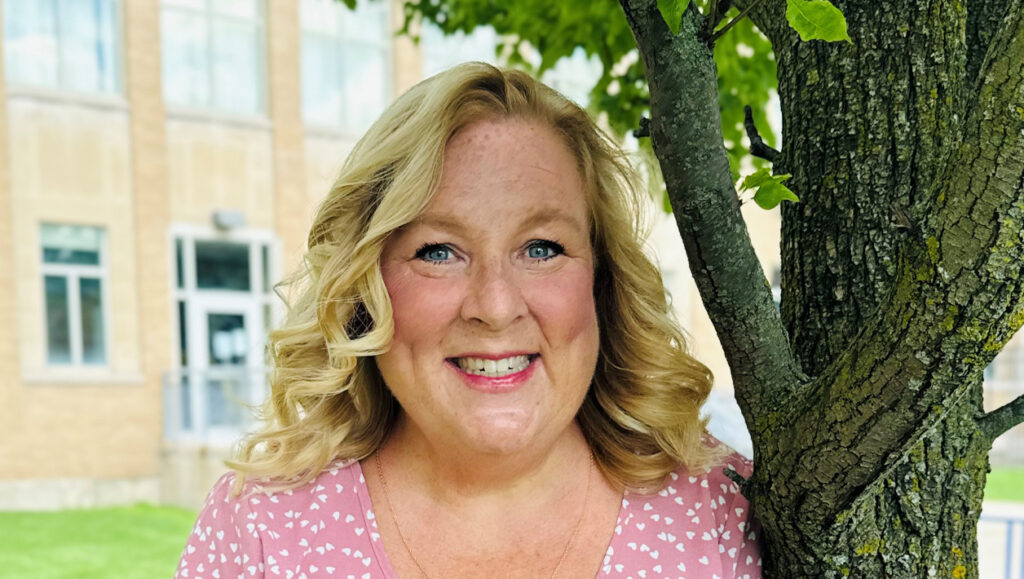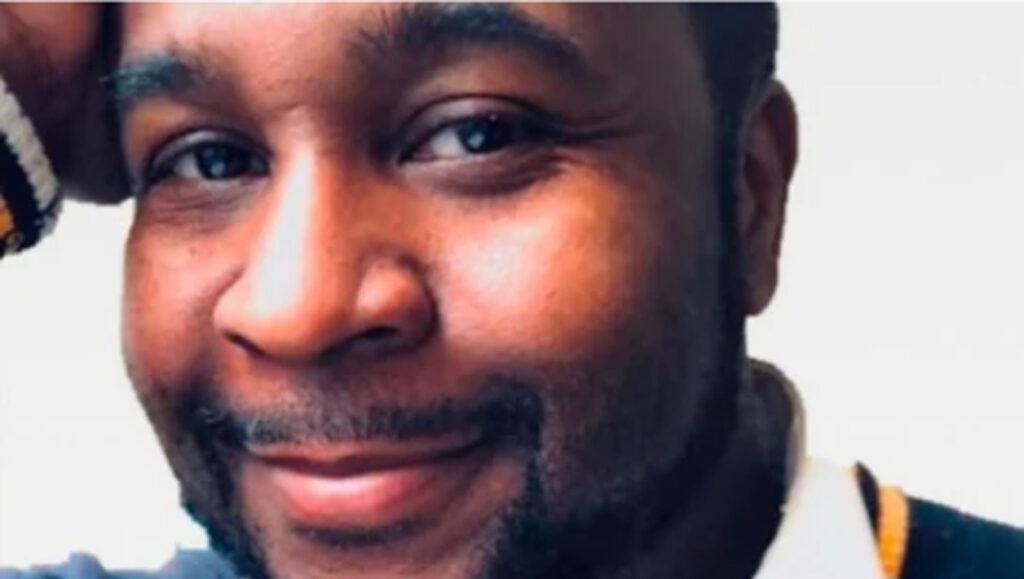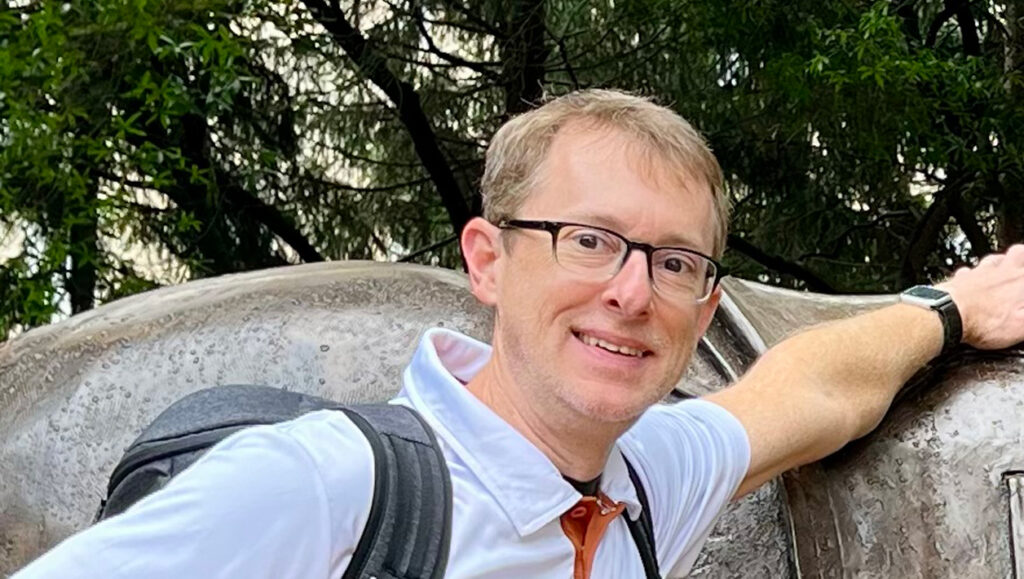
“The program has made me a better, more confident teacher…I believe it to be the finest professional development experience of my career.”
– Dave McIntire, The Independent School
National Oratory Program Gallery
Fellow Spotlight

National Oratory Fellow: Betty Haynes
Betty Haynes, the 2024 recipient of the New York State Council for the Social Studies Middle School Teacher of the Year award and Gilder Lehrman NY History teacher of the Year 2024, is an 8th grade Social Studies teacher in Western New York.
Teacher Impact
Betty found one of the program’s greatest benefits to be the opportunity to collaborate with talented educators from across the nation. This network of supportive colleagues has provided invaluable assistance, offering fresh perspectives and innovative ideas to help her overcome challenges and inspire her students.
“Not only have I made incredible friendships, but I have joined a professional network that has helped me in countless ways. In my many years of professional development and building a teaching community around me, there is nothing like the Ford’s Oratory Fellowship!”
Student Impact
Betty discovered the National Oratory Fellows program while looking for ways to sharpen her students’ public speaking skills. As a co-advisor of the school’s Youth and Government Club, she was eager to inspire her students and equip them with the confidence and skills to effectively communicate their ideas.
“With the introduction of Ford’s Oratory practices, I have watched our students blossom and grow. Oratory has become so ingrained in our classroom practices, that students now give each other feedback without my prompting. I hear them commenting, ‘great eye contact,’ or, ‘excellent diction!’”
Betty has seamlessly integrated the principles of the Oratory Program into her classroom. From morning announcements to class discussions, students are encouraged to communicate effectively. They have progressed from analyzing historical speeches to crafting and delivering their own powerful messages, both within the school and the wider community. What was once a daunting aspect of civics instruction has now become the most exciting part of the course!
Student Voice
“Our students have a lot to say and need us to clear space in all the noise for them. The quietest of our students sometimes have the biggest voice when we lower the volume enough for them to be heard.” When reflecting on pivotal moments in American history, Betty often finds individuals who used their voices to inspire change. These individuals made earnest pleas, urging others to join their cause and envision a better future. Betty believes that students can be those change-makers, if given the skills and the opportunity to speak for themselves.
“It is easy to say children are our future, but if we really mean that, then let’s give them the best set of tools that we can. They have a lot to say, let’s help them say it well and be heard!”

National Oratory Fellow: Dr. Giani Clarkson
Giani is the lead AP government high school teacher at Washington Leadership Academy in Washington, D.C.
Teacher Impact
Giani’s teaching career has been significantly impacted by the National Oratory Fellows program. Celebrating a decade of participation in 2023, he has witnessed a transformative shift in his classroom. By prioritizing student voice, Giani challenges the outdated notion that children should be seen, not heard. “That old-school adage is passé,” Giani says. “[It] does not speak to the social-emotional needs of our scholars today.” He recognizes the importance of addressing students’ emotional and social needs. Through Ford’s Theatre, students not only gain a deeper understanding of historical speeches and their contemporary relevance but also develop the confidence to recognize the democratic power of their own voices.
Student Impact
“Thanks to Ford’s Theatre Oratory Program, my students have blossomed confidently and become more willing to take risks.” A notable shift is occurring in classrooms nationwide. Students are increasingly hesitant to answer questions or embrace challenges, such as public speaking. Giani believes that social media’s emphasis on perfection contributes to this fear, as students worry about potential embarrassment on platforms like TikTok. However, Giani uses Ford’s Oratory techniques to encourage students to embrace mistakes as part of the learning process and fosters a supportive community through warm and cool feedback.
Student Voice
Giani recognizes that today’s students are acutely aware of the rapidly changing world around them. With elections, school policy changes, and other pressing issues, students deserve a platform to express their views. Through his work with Ford’s, Giani has witnessed students deliver powerful speeches on topics that resonate with their lives. These speeches are not only beautiful and insightful, but also thought-provoking and genuine. “Ford’s is doing its best to connect students to the pinnacle of leadership and help them understand their voice is power. Ford’s is linked to prioritizing student voices in a world that may see them as small – our students can see themselves as the change agents our world needs.”

National Oratory Fellow: Jeff Weary
Jeff is a sixth grade Social Studies teacher in the Kansas City, MO area.
Teacher Impact
This program ignited a passion for lifelong learning in Jeff and inspired him to become a more effective educator. Through work with his teaching artist and the other National Oratory Fellows, Jeff found a supportive community of peers and gained the confidence and skills to lead and inspire others. He treasures the opportunity to connect with diverse individuals, build bridges, and foster a culture of empathy and understanding.
“Teachers know that everyone can be a critic, but being able to identify how to be more effective beyond pointing out flaws or suggesting tweaks is the core behind this program. It has made me a more effective, active and involved educator beyond the school experience and pushes me every day to be even better.”
Jeff notes that National Oratory Fellows are active and involved learners themselves. The group constantly shares their own varied experiences, and the evolving best practices in their fields. “This is not a one-and-done professional learning experience. This is what really sets the Oratory Fellows Program apart. While other programs allow you to attend a great multi-day learning experience and perhaps take away some ideas, this program allows for years of continuous practical professional learning, deep friendships and developing extensive national contacts.”
Student Impact
“The Oratory Program has helped my students to be comfortable being uncomfortable, organized, tolerant and understanding.”
The Oratory Program has transformed Jeff’s classroom into a dynamic and inclusive learning environment. By integrating oratory skills into the curriculum, Jeff has empowered his students to become confident communicators and critical thinkers. The program has not only improved academic outcomes but has also fostered personal growth and character development.
“How many times have you or a student been reluctant to share or speak up in front of a group? There are those extroverts among us who would volunteer, but most will hesitate or outright refuse. By gradually integrating oratory skills into our classroom processes we circumvent much of these difficulties. This leads to increased participation, involvement and… better student outcomes!”
Student Voice
The National Oratory Fellows program is as much about student outcomes as it is about teacher professional development. It empowers educators to maximize their impact on each student. Jeff reflects on the fact that, while any teacher can ask a student to speak, few possess the training and structured approach needed to ensure effective communication and active listening.
“Teaching students to use their voice effectively is the cornerstone of what we do. It has allowed for scores of students within my school to build upon their exposure to oratory and further extend beyond academia into the post-education world. It prods them to explore other areas where their inner-voice can become amplified and effective. It promotes civil discourse and citizenship beyond the classroom. The bottom line is, students grow and respond to become effective responsible leaders within their communities, and that is a goal I think all teachers can embrace.”
Help Empower Teachers
Support our National Oratory Fellows with a donation today.
“[The program provides] extended, in-depth learning, hands-on resources and support for classroom change, and a national professional learning community.”
Catherine Nelson, Ph.D., Independent Scholar
